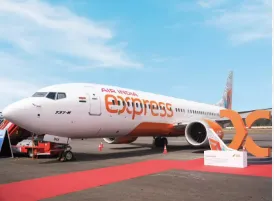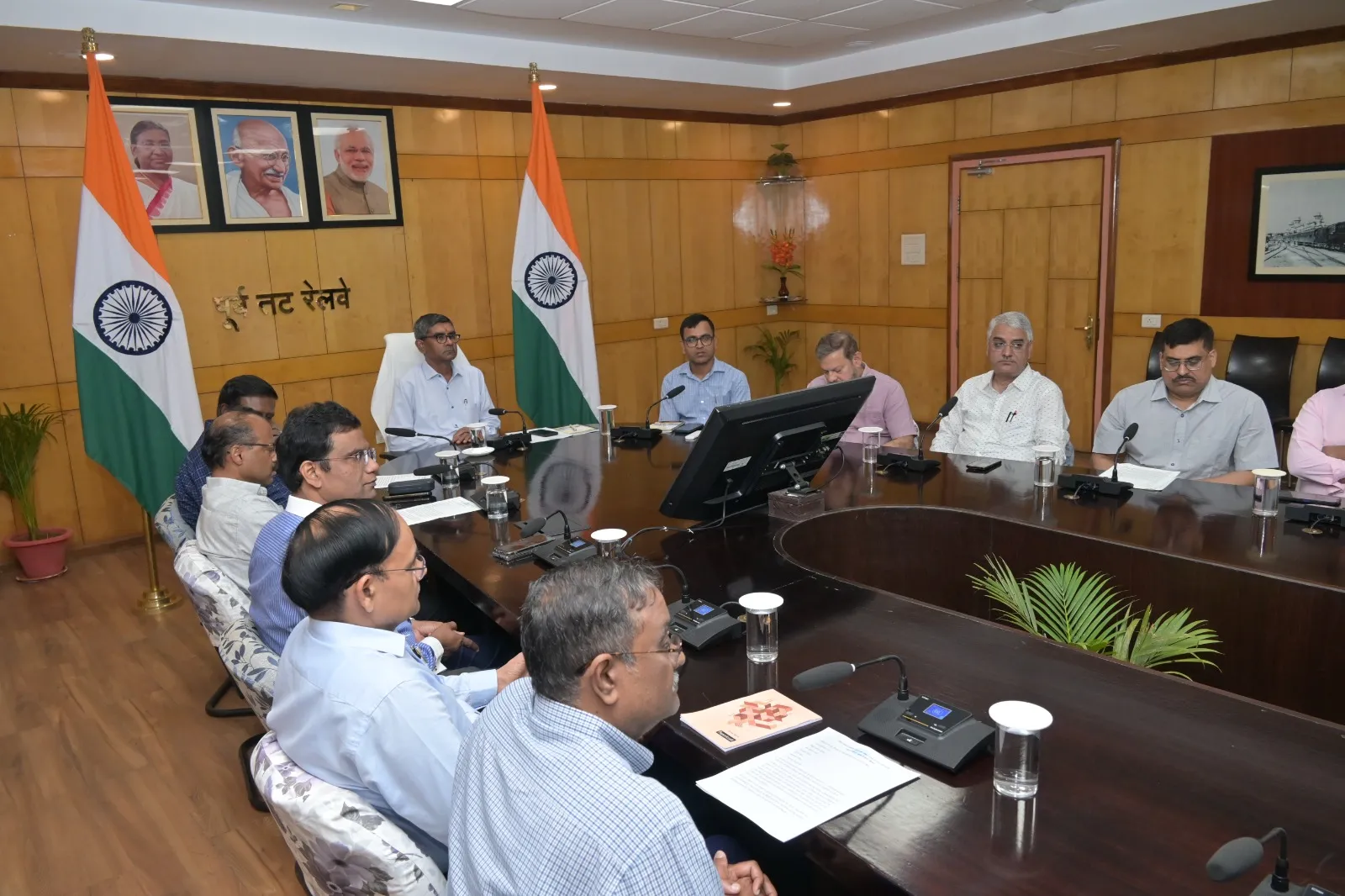

Bhubaneswar, March 2: In line with the adoption of the “Seva Sankalp Resolution” by the Union Cabinet, the East Coast Railway (ECoR) held a solemn meeting at Sabha Griha, Rail Sadan, to formally read out and reaffirm its commitment to the spirit of the resolution.
The meeting was chaired by ECoR General Manager Parmeshwar Funkwal. Principal Heads of Departments, officers and staff members were present. At the same time, similar meetings were organised in all Divisions of the Zone, ensuring that the message of Seva reached every level of the organisation.
The “Seva Sankalp Resolution” was read out in a solemn manner, reflecting a collective pledge towards transparency, efficiency, accountability and citizen centric governance. The Resolution reinforces the commitment of Indian Railways to ethical functioning, responsive administration and dedicated service to the nation.
Addressing the gathering, Funkwal emphasised that “Seva” (service) is the soul of Indian Railways and the guiding principle of its functioning. He observed that the Resolution signifies a conscious effort to move beyond colonial era administrative mindsets and embrace a governance model rooted in Indian values.
During the meeting, Principal Heads of Departments offered practical suggestions for implementing the Resolution in day-to-day functioning. Discussions focused on improving service delivery, upgrading passenger amenities and strengthening safety systems. The deliberations were constructive and forward looking, laying down a clear and actionable roadmap.
The collective reading of the Resolution symbolised a united commitment of East Coast Railway to work with renewed dedication, align with the vision of the Government of India, and continuously strive for better, people focused railway services.